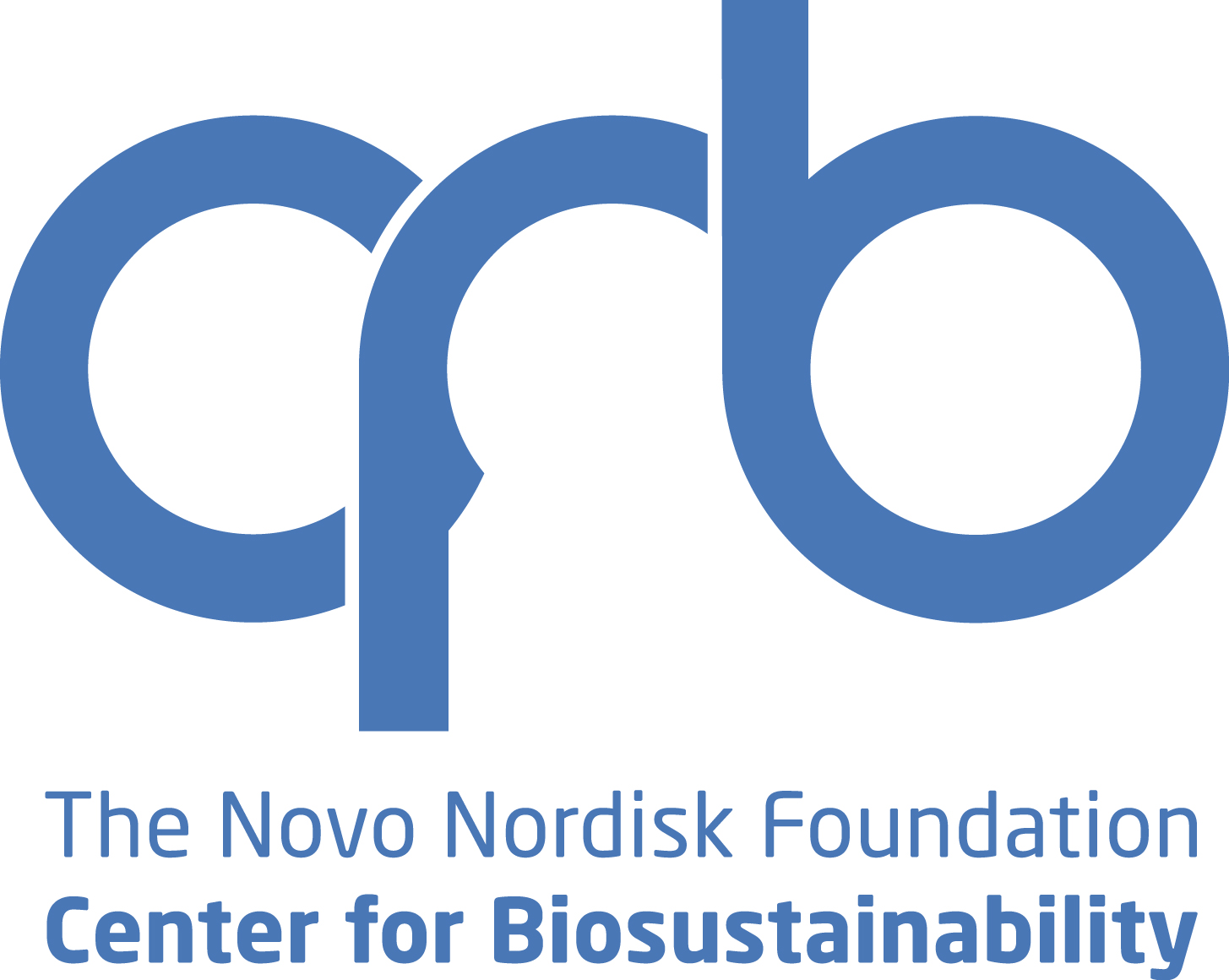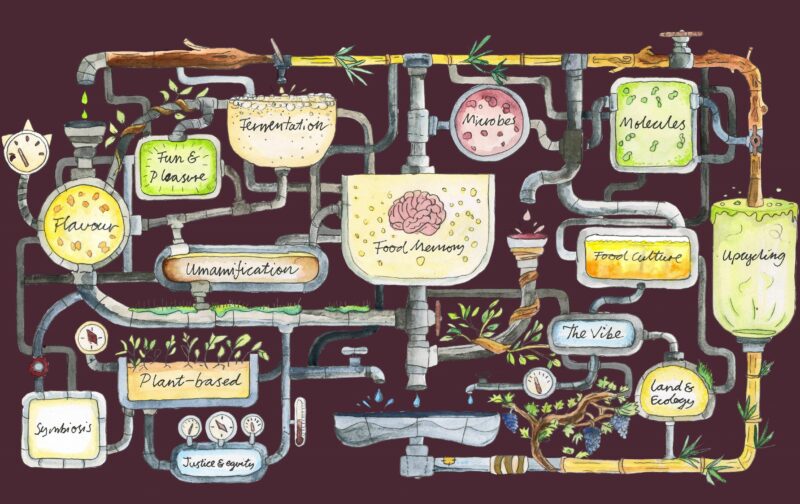In our R&D, we have a strong focus on fermentation, upcycling of by-products, and umamification, and we seek to use a culinary approach to food innovation to enrich food traditions rather than replace them. We are interested in making additions, not substitutions—for example with plant cheese or novel misos—and envision food systems and food cultures where high-quality traditional foods and new, further diversified versions of them co-exist and support each other by fulfilling different needs.
These foods not only contribute to sustainability; they also provide novel opportunities for ground-breaking science. Novel fermentations in particular are fertile sites for studying how microbial ecology and evolution change in new environments, and how these shifts come to shape metabolism, flavour chemistry, and the taste experience. Combining laboratory microbiology, DNA sequencing, metabolomics, and sensory science, we use our culinary innovations to bring disciplines and methods together to address larger scientific questions.
While scientific research helps us better understand these foods, to understand how they might be accepted into food culture—or not—is a question for the social sciences. Using the tools of social research—ethnography, participant observation, interviews, questionnaires—we seek to understand how different people relate to different kinds of food, the microbial world, sustainability issues, and the larger social and cultural context that shapes food acceptance. We also collaborate with artists to experiment with novel ways of engaging publics around these themes, for the arts’ power to reach people on a deeper, more visceral level.
Through this combined culinary, scientific, and cultural work, we seek to knit these worlds even closer together, to explore and cultivate the connections between flavour, sustainability, and biocultural diversity. With this aim, we develop products not only as practical solutions or scientific model systems, but also to help us better understand and reframe the problem itself—encouraging thinking about edibility, food diversity, and flavour in more complex, just, ecologically resonant ways.











